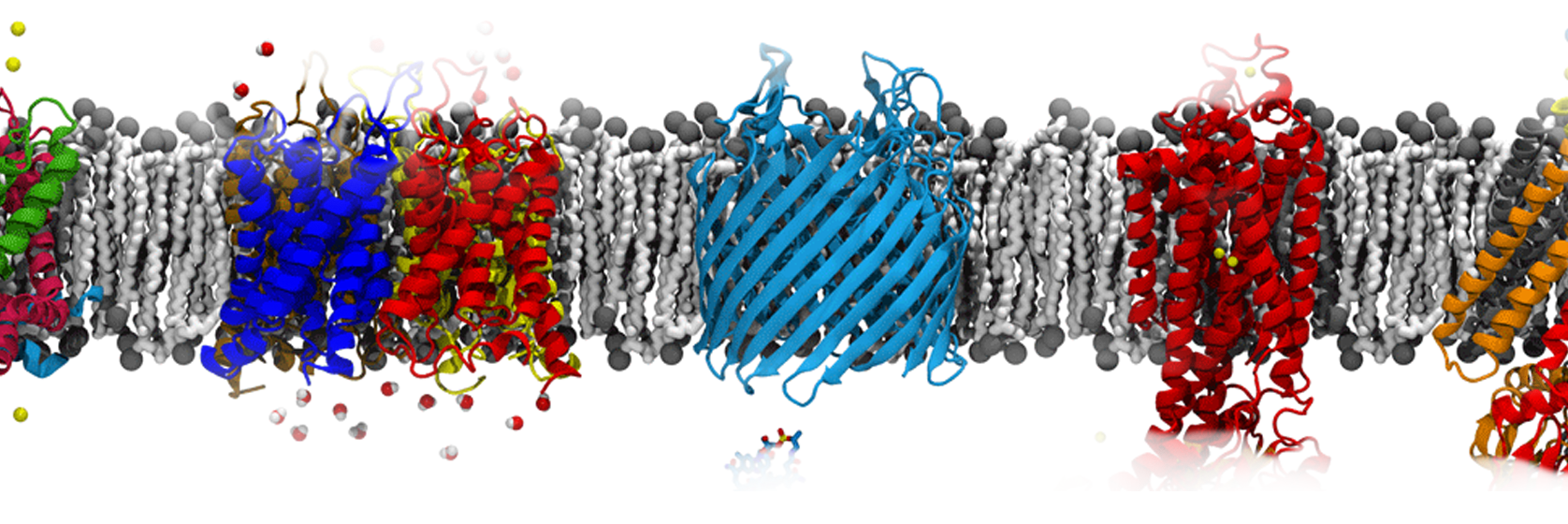Welcome to QBioS. The Interdisciplinary Graduate Program in Quantitative Biosciences (QBioS) at Georgia Tech was established in 2015, with our inaugural class of Ph.D. students joining us in Fall 2016. In fall 2024, we welcome our ninth cohort, with 40 active Ph.D. students and 25 alumni. QBioS has 60 participating program faculty representing six participating Schools within the College of Sciences. We welcome applications from students interested in innovative research on living systems building upon a foundation of rigorous and flexible training. The QBioS program will prepare a new generation of researchers for quantitative challenges, new discoveries, and fulfilling careers at the interface of the physical, mathematical, computational and biological sciences. Apply by December 1, 2024 to join the class of students entering the QBioS Ph.D. program in August 2025.
Welcome
News and Events

Congratulations to our QBioS award recipients for 2024! Winners were recognized at our Winter Party in December. QBioS Awards are 100% Funded by Donations.
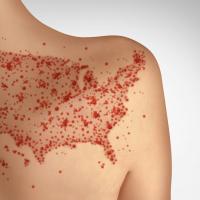
Measles can damage the lungs and immune system, and also inflict permanent brain damage.
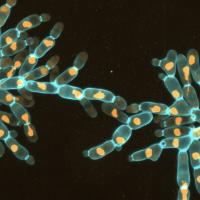
Georgia Tech scientists uncovered how whole-genome duplication emerges and remains stable over thousands of generations of evolution in the lab.
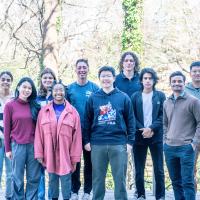
The Quantitative Biosciences Interdisciplinary PhD program at Georgia Tech is proud to introduce our newest graduate students who joined the program in fall 2024!

A multidisciplinary team has discovered how lateral inhibition helps our brains process visual information, and it could expand our knowledge of sensory perception, leading to applications in neuro-medicine and artificial intelligence.

The Final SCMB Symposium is being held on April 10th – 11th, 2025 on Georgia Tech campus.
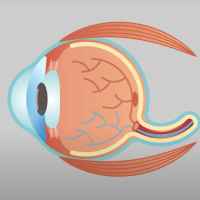
Newly discovered antibodies break down the protein that causes glaucoma.
